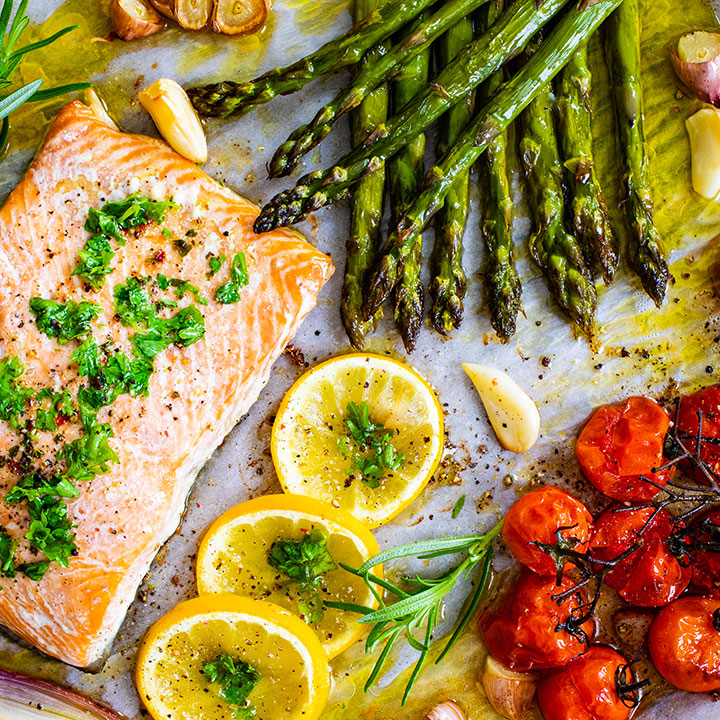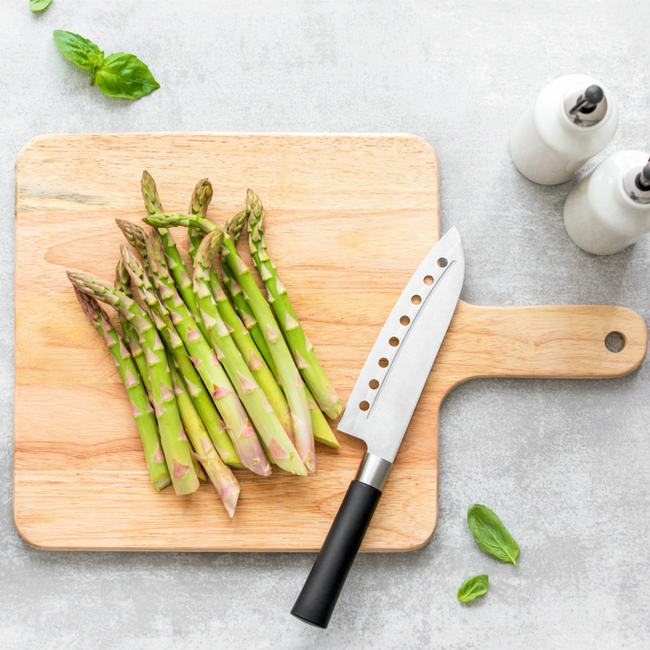Dietitians Say You Should Add This One Vegetable To Your Diet For Faster Digestion—It’s So Good For Weight Loss!
August 30, 2022 by Merrell Readman
This story has been updated since it was originally posted on 08/12/2021
Without question, vegetables are one of the healthiest varieties of food to be included in every diet for a boost of vitamins, minerals, and complex carbohydrates. Great for promoting weight loss as they are low in calories but fill you up quickly, veggies are undeniably an asset to any eating plan whether or not you’re working to lose weight.
But not only can vegetables encourage weight loss and help to create a healthy calorie deficit, they can also be useful in diminishing bloating and inflammation, allowing for a flatter stomach so you can feel more comfortable in your body. If you know the struggle of a tight, distended stomach then you’ve likely been on the hunt for a solution, and according to health experts it may be as simple as eating a little more of one vegetable each day to experience noticeable relief from severe bloat.
Bloating can be caused by a number of outside factors, from intolerance to certain foods, to hormones, and even constipation. Ultimately it is an influx of air or gas in the digestive tract, leading to that uncomfortable feeling we’re all likely too familiar with. While some people are naturally more prone to bloating than others, it is one of the most common digestive issues across the board due to the excess number of causes it can stem from. To learn more about how to remedy inflammation, we spoke to registered dietitian Trista Best, who told us that asparagus is going to be your best bet for easing your distended stomach and allowing you to feel better in your body.


